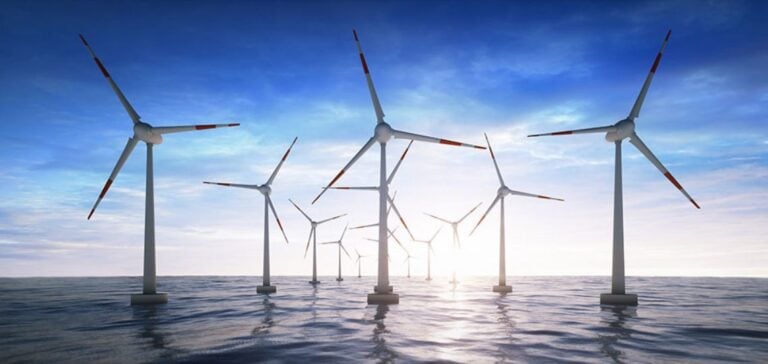Faced with acts of sabotage and regional instability exacerbated by the Russian invasion of Ukraine, the energy ministers of the eight Baltic countries (Lithuania, Denmark, Estonia, Finland, Germany, Latvia, Poland and Sweden) signed the “Vilnius Declaration”. They pledge to “deter malicious activities against offshore and submarine infrastructure within NATO and the EU.”
Significant increase in offshore wind energy
The Baltic States have promised to increase their offshore wind power capacity tenfold, from “3.1 GW today to 19.6 GW by 2030”. This expansion is an integral part of their strategy to decarbonize their energy systems as quickly as possible and replace Russian fossil fuels with “competitive, local renewable energies”.
Greater European energy security
Giles Dickson, CEO of WindEurope, stressed: “Renewable energies are critical infrastructure. We need to secure them.” This statement comes at a time when Europe is recognizing the urgent need to fortify its critical infrastructures against new forms of hybrid and cyber warfare.
Coordinating energy transition and safety
David van Weel, NATO Assistant Secretary General for Innovation, Hybrid and Cyber, warned, “The stakes for NATO are high.” He expressed the need to plan and secure supply chains for critical raw materials and renewable energy technologies to avoid a new energy dependency, this time on China.
The signatories of the Vilnius Declaration plan to strengthen energy interconnectivity, notably through the development of offshore hybrid wind farms and new energy hubs, which will “significantly increase Europe’s energy security”.






















